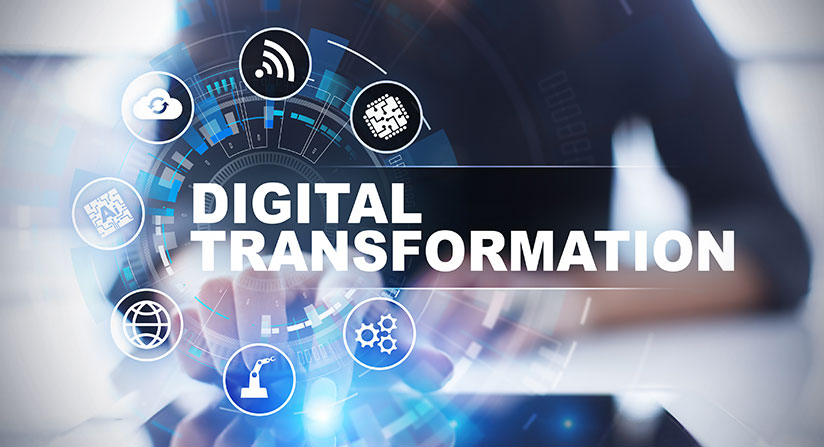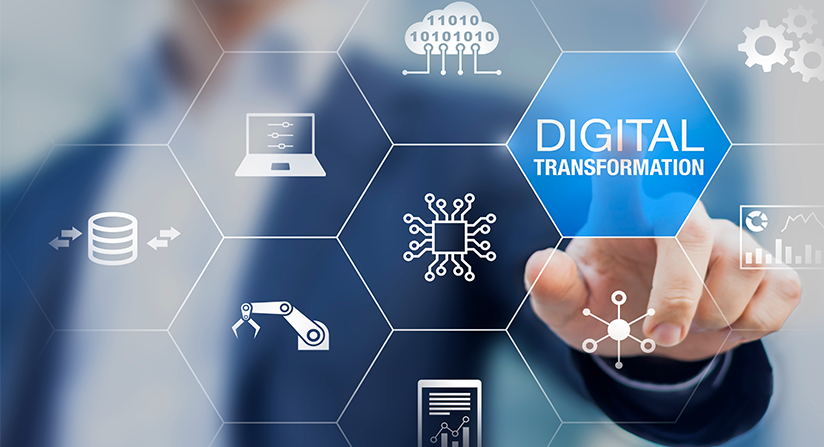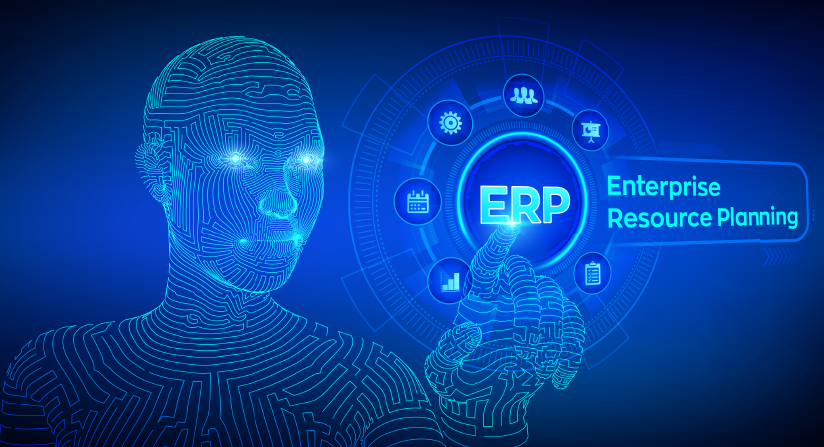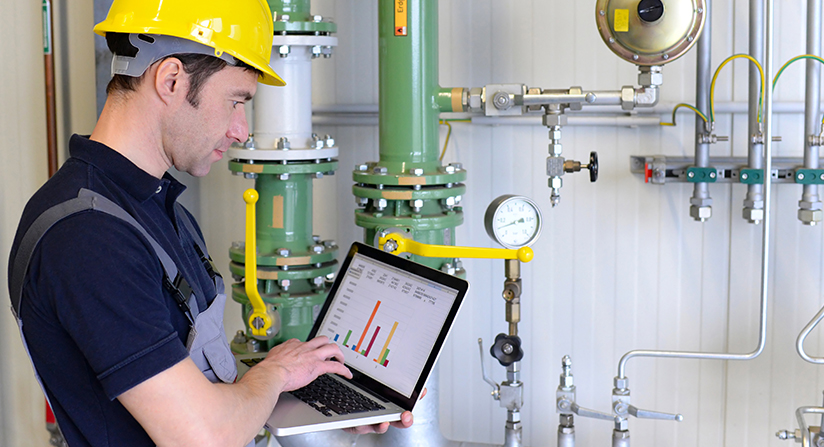What is ERP?
Enterprise Resource Planning (ERP) is a comprehensive and integrated software solution designed to streamline and optimize various organizational business processes. ERP systems efficiently manage core functions such as finance, human resources, supply chain, manufacturing, and customer relationship management by providing a centralized data storage and processing platform. By consolidating information from different departments and functions, ERP enables real-time collaboration, data sharing, and informed decision-making across the enterprise. These systems often incorporate modules tailored to specific business needs, allowing companies to standardize processes, enhance productivity, and gain insights into their operations. ERP systems improve organizational efficiency, reduce operational costs, and foster agility in an ever-evolving business landscape.
What is Business Intelligence?
Business Intelligence (BI) software refers to tools, technologies, and processes that help organizations collect, analyze, and present business data to support decision-making. The primary goal of BI software is to transform raw data into meaningful insights that business leaders, managers, and other stakeholders can use to make informed decisions and drive business success.
What Are the Key Differences Between ERP and BI?
ERP and BI overlap significantly, yet their distinct strengths set them apart. An ERP system oversees and integrates critical business processes such as manufacturing, inventory management, financials, and the supply chain. By establishing a centralized data framework, ERP breaks down organizational silos for greater efficiency.
BI elevates data utilization by allowing businesses to organize, analyze, and contextualize information sourced from across the company. This generates actionable insights facilitated by creating dashboards and visualizations that simplify complex data.
At the operational level, ERP systems excel, offering businesses a precise snapshot of the real-time performance of each function. BI analyzes this data comprehensively, empowering companies to delve deeper into performance metrics, identify trends, and refine strategies at various high-level or granular levels.
Integration of Business Intelligence and ERP
ERP and Business Intelligence together empower organizations to make informed, data-driven decisions. BI complements ERP by extracting valuable insights from the vast data generated. Business Intelligence in ERP systems lets companies leverage advanced analytics, reporting, and visualization tools to transform raw data into actionable intelligence. This integration facilitates real-time monitoring, trend analysis, and forecasting, providing decision-makers with a holistic view of the organization’s performance. It enhances agility, enabling businesses to adapt quickly to changing market conditions and make strategic decisions based on a comprehensive understanding of their operations.
What are the Benefits of Business Intelligence in ERP?
Business Intelligence and ERP integration help businesses by providing many essential benefits, as shown below.
1. Data Integration and Centralization
ERP systems integrate various business processes and functions into a unified platform. BI tools complement ERP by centralizing data from these processes. This integrated data provides a comprehensive view of the organization’s performance.
2. Informed Decision-Making
ERP Business Intelligence allows decision-makers to access real-time and historical data. This information is critical for making informed decisions and providing insights into trends, patterns, and performance metrics.
3. Performance Monitoring
Business Intelligence in ERP enables the monitoring of key performance indicators (KPIs) and other metrics. This helps organizations track their performance against set goals and benchmarks, identifying areas for improvement or optimization.
4. Predictive Analysis
BI tools within ERP systems can leverage predictive analytics to forecast future trends and outcomes. This proactive approach enables organizations to anticipate market changes, demand fluctuations, and other factors affecting business operations.
5. Operational Efficiency
BI supports ERP in streamlining operations by identifying bottlenecks, inefficiencies, or areas for improvement. This information allows organizations to optimize processes and resource allocation for better efficiency.
6. Data Visualization
ERP Business Intelligence often includes data visualization capabilities, presenting complex data in an easily understandable format. This aids in interpreting data trends and patterns, facilitating communication and collaboration across different departments.
7. Strategic Planning
With BI in ERP, organizations can conduct in-depth analysis and scenario planning. This is essential for strategic decision-making, helping businesses align their activities with long-term goals and respond effectively to market changes.
8. Customer Insights
BI tools can provide insights into customer behavior, preferences, and feedback. Integrating this information with ERP data helps organizations tailor their products or services to meet customer expectations and enhance customer satisfaction.
9. Regulatory Compliance
ERP Business Intelligence monitors and ensures compliance with regulatory requirements. This is especially important in industries with strict regulations, such as finance and healthcare, where accurate and timely reporting is crucial.
The Future of Business Intelligence and ERP
Advancements in data analytics, artificial intelligence, and the changing landscape of business need to drive the evolution of these technologies. Below are some trends that indicate how BI and ERP will continue to evolve.
1. Integration of AI and Machine Learning
Integrating artificial intelligence (AI) and machine learning (ML) into BI and ERP systems will become more prevalent. This will enable businesses to gain deeper insights from their data, automate routine tasks, and make more accurate predictions, ultimately enhancing decision-making processes.
2. Real-Time Analytics
The demand for real-time analytics is on the rise. Businesses increasingly rely on immediate access to data to respond quickly to market changes and make timely decisions. BI and ERP will evolve to provide more real-time insights, enabling organizations to stay competitive in dynamic environments.
3. Cloud-Based Solutions
The shift towards cloud computing transforms how BI and ERP systems are deployed and accessed. Cloud-based solutions offer scalability, flexibility, and cost-effectiveness. As more organizations embrace cloud technology, BI and ERP vendors will continue to enhance their offerings to meet the demands of a cloud-centric business environment.
4. Mobile Accessibility
The need for mobile accessibility is growing as businesses become more geographically dispersed. BI and ERP solutions will evolve to provide robust mobile interfaces, allowing users to access critical information and perform key tasks from anywhere, enhancing collaboration and efficiency.
5. Advanced Data Visualization
Data visualization is crucial in making complex information more understandable. The evolution of BI and ERP will include more advanced and interactive data visualization capabilities, making it easier for users to interpret and analyze data effectively.
6. Personalized User Experiences
Customization and personalization will be key focuses in the evolution of BI and ERP systems. Businesses will seek solutions that allow users to tailor their interfaces, reports, and dashboards to meet individual preferences and specific job roles.
7. Cybersecurity Integration
As data security concerns grow, BI and ERP systems will evolve to integrate robust cybersecurity features. This includes encryption, secure access controls, and advanced threat detection mechanisms to safeguard sensitive business information.
8. Greater Collaboration Capabilities
The future of BI and ERP will involve enhanced collaboration features. Businesses recognize the importance of cross-functional collaboration, and BI and ERP systems will evolve to facilitate seamless communication and information sharing across departments.
9. Focus on User-Friendly Interfaces
The user interface will become increasingly intuitive and user-friendly. Vendors will prioritize designing interfaces that require minimal training, making it easier for a broader range of users to leverage the power of BI and ERP tools.
10. Sustainability and ESG Reporting
With the growing emphasis on sustainability and environmental, social, and governance (ESG) factors, BI and ERP systems will likely incorporate features for tracking, reporting, and analyzing sustainability metrics. This will help organizations align with evolving corporate responsibility standards.
Wrap Up
Integration of Business Intelligence with ERP brings unparalleled benefits to organizations, paving the way for enhanced efficiency, informed decision-making, and strategic growth. As ERP systems streamline core business processes, BI complements by providing a comprehensive view of the organization’s performance through data integration and centralization.
Follow Us










